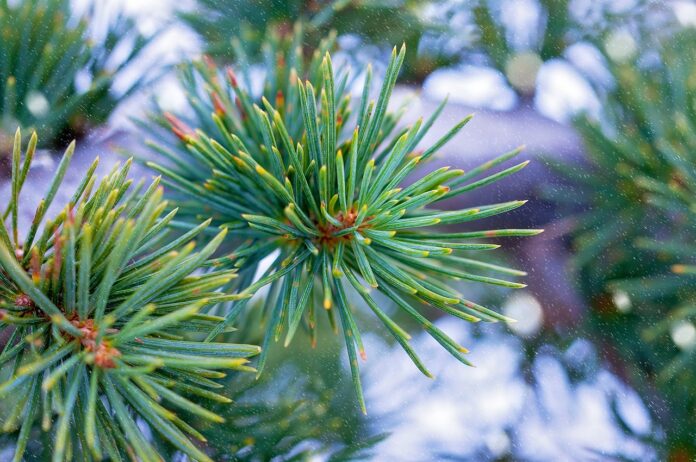Cedar trees are among the most iconic and revered trees in the world, known for their majestic appearance, aromatic wood, and cultural significance. These ancient trees have been celebrated in mythology, religion, and history, and they continue to play an important role in modern society. From their impressive stature to their diverse uses, cedar trees are truly remarkable. Here’s a closer look at the fascinating world of cedars.
The Origins and Types of Cedar Trees
The term “cedar” refers to a group of coniferous trees in the genus Cedrus, which are native to mountainous regions of the Mediterranean and the Himalayas. There are four main species of true cedars:
- Lebanon Cedar (Cedrus libani): Native to the mountains of Lebanon, Turkey, and Syria, the Lebanon cedar is perhaps the most famous of the cedars. It has been revered since ancient times for its durable wood and majestic appearance.
- Atlas Cedar (Cedrus atlantica): This species is native to the Atlas Mountains of Morocco and Algeria. It is closely related to the Lebanon cedar and is known for its dense, aromatic wood.
- Deodar Cedar (Cedrus deodara): Native to the western Himalayas, the Deodar cedar is the national tree of Pakistan. Its name is derived from Sanskrit, meaning “timber of the gods,” reflecting its cultural and religious significance.
- Cyprus Cedar (Cedrus brevifolia): Found in the mountains of Cyprus, this species is similar to the Lebanon cedar but smaller in size. It is also highly valued for its wood and ornamental beauty.
In addition to these true cedars, several other trees are commonly referred to as cedars, though they belong to different genera. These include the Western Red Cedar (Thuja plicata), Eastern Red Cedar (Juniperus virginiana), and Cedar of Goa (Cupressus lusitanica), among others. Despite the name, these trees are not botanically related to true cedars but share similar characteristics, such as aromatic wood and evergreen foliage.
Interesting Facts About Cedar:
- The wood of cedar trees is highly resistant to decay and pests, making it a preferred material for building ships, especially during ancient times.
- Cedar oil, extracted from the wood and leaves, has been used for centuries in traditional medicine and as a natural preservative.
- The scent of cedarwood is known for its calming effects and is often used in aromatherapy to reduce stress and anxiety.
- Cedar trees have a natural ability to grow in poor, rocky soils where other trees may not survive, making them resilient in harsh environments.
- In ancient Egypt, cedar resin was used in the mummification process due to its preservative properties.
- Cedar trees can regenerate even after a forest fire; they have thick bark that protects the inner layers from heat damage.
- The cedar tree’s wood is naturally aromatic and is often used to line closets and chests to protect clothing from moths.
- Some species of cedar, like the Deodar cedar, are considered sacred in their native regions and are often planted around temples and monasteries.
- The Lebanese cedar (Cedrus libani) is a symbol of endurance and strength and has been referenced in many ancient texts, including the Bible.
- Cedar trees play a crucial role in their ecosystems, providing habitat and food for various wildlife species, including birds, insects, and mammals.
- The slow growth rate of cedar trees contributes to the density and quality of their wood, making it highly valued in woodworking and construction.
- Cedarwood is often used in the production of high-quality pencils due to its softness and ease of sharpening.
- In Japan, cedar trees, known as “sugi,” are highly revered, and some ancient cedars, called “Jomon Sugi,” are thousands of years old and are protected as natural monuments.
- The cedar’s ability to repel insects and its durable wood have made it a popular choice for making outdoor furniture and fencing.
